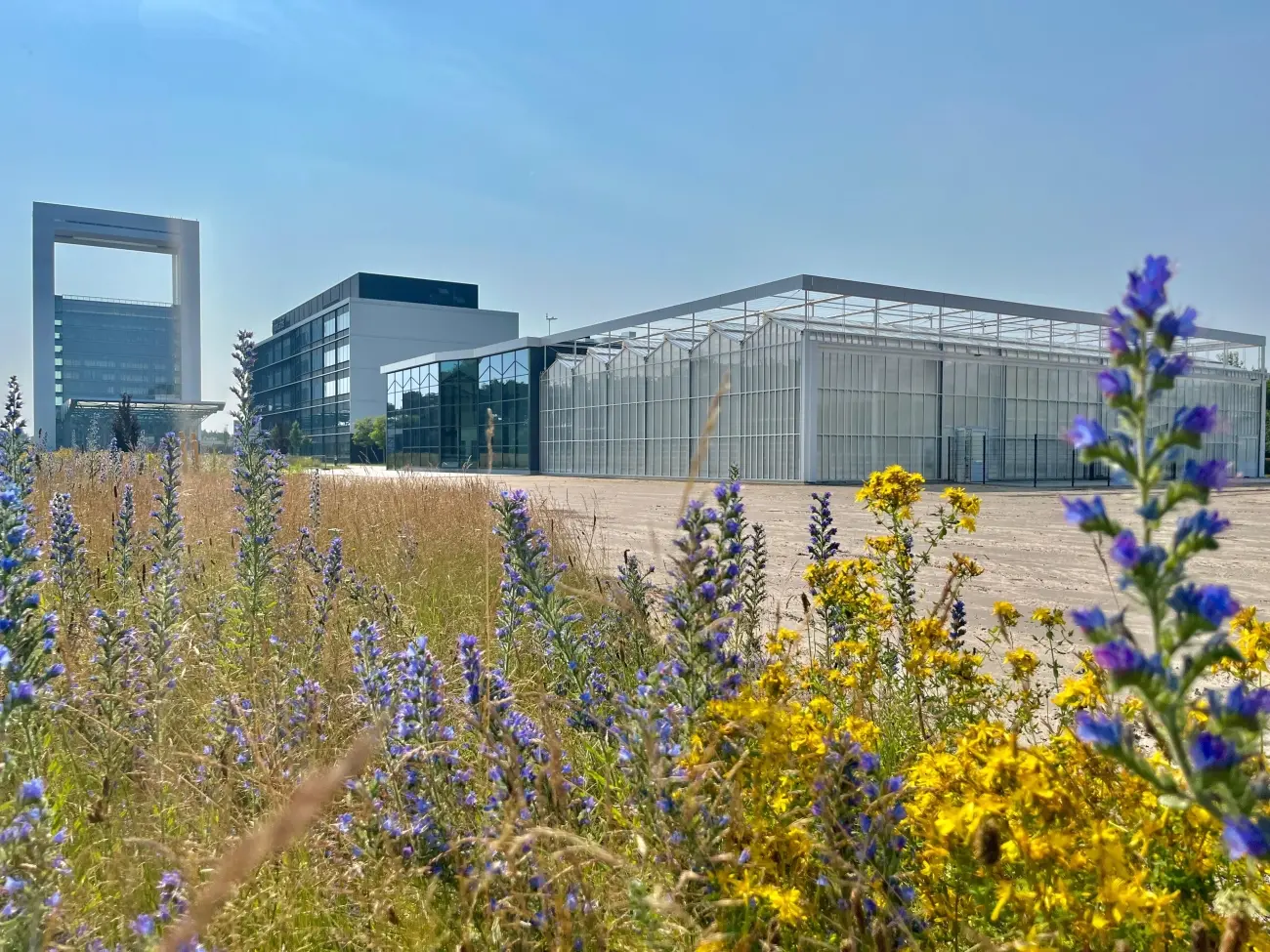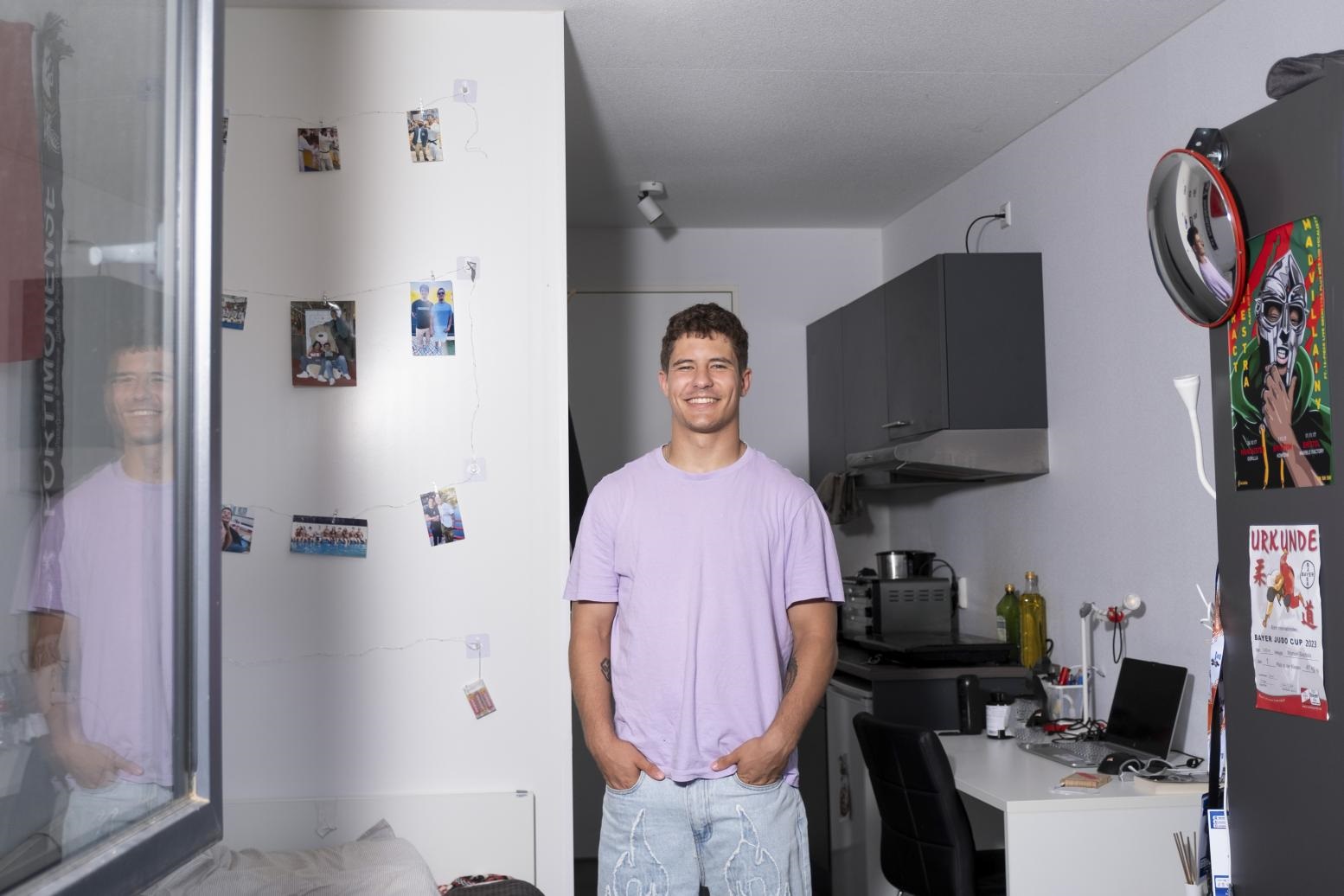'Only through a positive approach will Europe stand strong'
Europe is strongly intertwined economically. We trade intensively with each other and there are financial flows throughout Europe. The economy has done its job for Europe. But now? “We are economically integrated”, says Prof. Clemens Kool, professor of Macroeconomics and International Monetary Economics. “The biggest gain from this was achieved. But that’s not enough. Now, Europe needs to focus on shaping its socio-economic policies and political integration. That’s in the hands of national politicians, who can’t achieve this without sufficient support from their constituents.”
In the coming weeks, seven UM scientists will be shedding light on the European state of affairs as part of our series Maastricht, reflecting on Europe.
Benefits are taken for granted
“All the benefits that economic integration has brought, we take for granted. We have one currency, can travel without borders within Europe, so much easier than before. But people under forty don’t know any different. Half a century ago, the idea was that economic unification would ensure that no more war broke out—that problems could be solved peacefully. That awareness has also disappeared, so the idea that this has something to do with European integration is very vague. People are now more often aware of the disadvantages.”

Prof. Clemens Kool, professor of Macroeconomics and International Monetary Economics
Discussion is avoided
Where does the criticism come from? “The history of European integration is that it was primarily initiated by politicians and policy makers from the economic side. Economic integration offers enormous advantages, of course, but at the same time this approach was easy. You didn't have to talk about political and social integration. Countries were often on opposite sides in that discussion, so it was avoided. The idea was: if we create one currency, the rest will fall into place. If there is free movement of goods, labour and capital, the integration of social and labour market legislation must follow. But that didn't happen. That is why people don’t feel heard or represented by Europe.”
European solidarity
Some people are making more progress than others because of Europe; the situation of some is getting worse. So, there is a distribution problem. But how do you bring about solidarity at the European level? “This hasn’t been looked at enough. We have a democratic gap where clear agreements have never been made on a political level. Just as you have all kinds of mechanisms in place in every country to limit inequality, you must do this on a European level as well. Countries must support each other. That is an insurance mechanism, because a country where things are going badly for a while is temporarily supported by the other countries. But it also means that structurally money goes from one side of the union to the other. This form of solidarity is self-evident within all countries. There is a progressive tax system almost everywhere, where the rich pay more than the poor; some regions with high unemployment receive more, while others pay. At the European level, we are more aware because we don’t trust each other enough or do not make allowances for each other enough. People immediately think there is a misuse of funds. Is there sufficient monitoring? These are political issues to which we now have no answer.”

A common story is needed
Writer Ian Buruma says: the population of countries is often united in identity. Take, for example, shared sadness, occupation or war, or a shared feeling of pride, such as in the former world powers of the United Kingdom, Spain and the Netherlands. How does that work for Europe?
“Europe has no common story, because countries have a different history. In the First and Second World Wars and during other historical points in time, they often stood on opposing sides as winners or losers. Moreover, politicians tend to exaggerate the differences between countries. Everything they achieve, they have done well themselves. The problems are Europe's fault. That magnifies the differences and reduces the chance of a shared identity.”
We still desperately need each other
"There are many reasons why it is logical to give shape to European integration. The threats from outside—Russia, China, geopolitics—and the shared issues surrounding migration and climate. We desperately need each other and it is wise to approach this in a positive way. Not because it is expensive to separate, then it would be a ‘must’. Only through a positive approach can Europe be sustained. If we don’t want that, we must move towards a ‘bare-bones’ version and agree that we will apply a number of cross-border mechanisms in a much less integrated way, such as a trade agreement. I wouldn't want things to go that way.”
Actual European parties
What is needed to create more confidence in Europe? “Politicians with a vision of Europe, such as Frans Timmermans, as well as actual European parties, such as VOLT Europe. Now people vote for national parties. Representatives of these go into the European Parliament in coalition with other national parties that often have a different agenda. This leads to less uniformity than a national party. For example, what does the European People's Party, which represents both the Hungarian party of Viktor Orbán and the CDA, stand for? Voting patterns run less along party lines, so sometimes all of the Dutch parliamentarians vote for something and all of the French against it. Interesting thought: to clarify Europe's role, only European parties should participate in the next elections.”
Also read
-
Moving orange spots on a yellow background are the first indication that something unusual is taking place in Maastricht's limestone quarry, Sint-Pietersberg. A closer look reveals that these are people clothed in orange vests. They are Maastricht Science Programme students and supervisors.
-
Maastricht University has built a new research greenhouse at Brightlands Campus Greenport Venlo. Starting on September 1, research will be conducted in this high-tech greenhouse on the agriculture and horticulture of the future: from new cultivation techniques and the development of plants to the...
-
The area on the Sorbonnelaan in the Maastricht neighbourhood of Randwyck looked somewhat bare and remote about two years ago. This was mainly due to the modular and temporary appearance of the student houses that were quickly built there. Meanwhile, the area is increasingly taking on the character...

